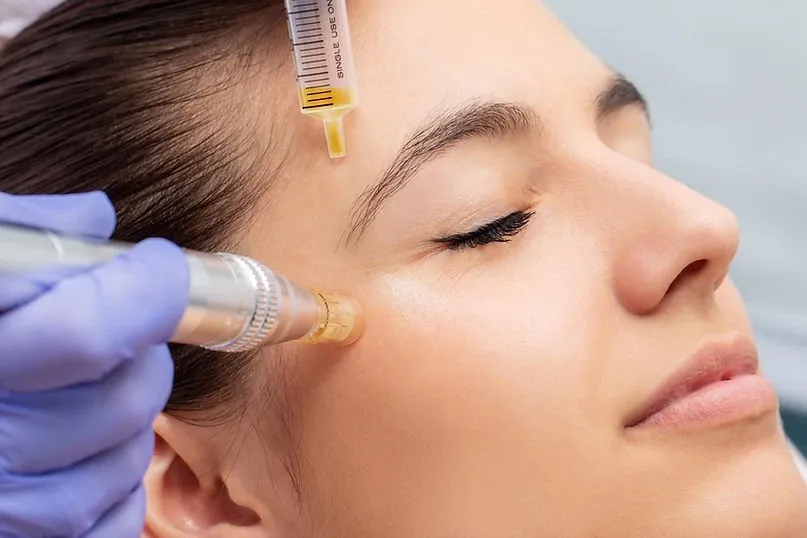Acne is one of the most common skin conditions, yet numerous myths surround its effective treatment. These misconceptions can often lead to frustration, prolonged breakouts, and even skin damage. To help you manage your acne better, we’re breaking down three myths about acne treatments and shedding light on the truth.
Can Popping Pimples Help Healing?
We’ve all heard the temptation: “Just pop it, and it’ll go away faster.” Popping pimples might seem like a quick fix, but it often makes acne worse. When you pop a pimple, you risk pushing bacteria deeper into the pore, which may lead to more inflammation and prolonged healing. Popping can cause scabbing, scarring, and hyperpigmentation, especially for those with sensitive skin. Instead of squeezing, try applying a spot treatment with salicylic acid or benzoyl peroxide to reduce inflammation and speed up healing. If you’re dealing with a particularly stubborn or painful pimple, visit a dermatologist who can safely perform an extraction without damaging your skin.
Does Makeup Worsen Breakouts?
For those with acne-prone skin, makeup gets a bad reputation. Many assume that wearing makeup automatically worsens breakouts, but the truth is more nuanced. Certain types of makeup, particularly heavy, oil-based, or non-comedogenic formulas, can clog pores and exacerbate acne. Many modern products are specifically designed to be acne-friendly. Look for labels like “non-comedogenic,” “oil-free,” or “dermatologist-tested” to find makeup that’s less likely to trigger breakouts.
Removing makeup properly is key. Leaving makeup on overnight or not cleansing thoroughly may lead to clogged pores, which may worsen acne. Use a gentle cleanser or micellar water to remove your makeup thoroughly, and always follow up with your regular skincare routine. With the right products and habits, makeup doesn’t have to be the enemy of clear skin.
Can You Outgrow Acne Forever?
While it’s true that many people experience acne during adolescence due to hormonal changes, it doesn’t necessarily disappear with age. Adult acne is a real and common issue that affects millions, often triggered by a range of factors such as stress, fluctuating hormones, diet, genetics, or certain lifestyle habits.
The good news is that treatments have come a long way, and effective solutions are now available for people of all ages and skin types. Over-the-counter options like retinoids, salicylic acid, and glycolic acid may help unclog pores and reduce inflammation. For more persistent or severe cases, prescription treatments such as topical antibiotics, hormonal therapies, oral medications like isotretinoin, or in-office procedures like chemical peels and laser therapies can deliver significant results.
The key to managing acne is understanding your unique triggers and identifying what works best for your skin. Working with a qualified dermatologist can help you create a personalized treatment plan tailored to your needs. With the right approach, clear and healthy skin is definitely achievable, no matter your age
Visit a Dermatology Provider
Acne myths can often steer you toward ineffective treatments or prevent you from seeking the right help. Remember, every individual’s skin is unique, and a one-size-fits-all approach rarely works. By debunking these common misconceptions, you’re one step closer to managing acne effectively and achieving healthier skin.
If you’re struggling with acne and not sure where to start, a dermatology provider can guide you. They’ll help you understand your skin, identify triggers, and recommend the best treatment options. Take control of your skincare today by booking a consultation with a dermatologist. You don’t have to face acne alone.

